
Equine competitors put a lot of time and money into practice, supplies, and feed to ensure the equine athlete can perform at the highest level. But, what exactly will give the best edge? What is the correct mixture to get the winning combination? Well, unfortunately, there isn't the same "right" mixture for every horse to perform at the top. However, careful consideration should be put into determining the ideal feedstuffs and supplements for a performance horse.
Deficiencies
If a performance horse is only getting hay and grain, then most likely they will have vitamin and/or mineral deficiencies. Although the horse may seem fine, horses usually have subclinical deficiencies, meaning you can't obviously see them. Subclinical deficiencies can cause horses to be hard keepers, slow healers, have poor stamina, poor hoof growth, and have diminished performance.
Hay
When formulating a performance horse's diet, ideally the hay should be analyzed. Analyzing the hay will create a baseline of the requirements met by the hay, and determine what needs to be supplemented in order to meet the horse's full nutrient requirements. In the Northwest, hay samples should be analyzed for the selenium content. Hay grown in this area typically contains very little selenium, much lower than the horse's requirements. For optimal performance and immunity, the horse needs 3 mg of organic selenium per day.
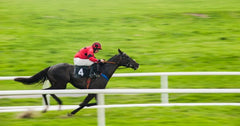
Complete Feed
A common misconception many people have is that a coffee can of a complete grain/feed with hay everyday will meet their performance horse's nutritional requirements. When in actuality, complete feeds are formulated to be fed at specific levels. If the horse isn't receiving the directed amount of the product, the horse is not receiving adequate amounts of essential vitamins and minerals, crucial for performance. Most complete feeds are formulated to be fed at 6-20 pounds a day. The average, grain-filled coffee can weighs 3 pounds. Many horses cannot handle 6-20 pounds of grain a day. Horse owners commonly adjust the amount of complete feeds to meet their horse's energy level needs. Vitamin and minerals requirements then are often overlooked.
Mineral Salt Block
Another less than ideal option for horse owners is a mineral salt block. Mineral salt blocks contain trace amounts of each vitamin and mineral. The reasoning for this is because manufacturing companies have to be assured that if a horse consumes the entire block in one setting they won't receive toxic amounts of a vitamin or mineral. In addition, horse's intake can vary greatly on a daily basis. Horses that are in a hot climate or exert a lot of energy exercising will consume more salt than a horse in cooler climates or sedentary. Another factor in block consumption is salt and directly correlated to water consumption. If the horse drinks more water, they will consume more salt. Vitamins and minerals should not be consumed in such varying amounts. For proper bodily function, a horse should meet their vitamins and minerals needs on a daily basis.
Vitamin and Mineral Supplement
In order to meet these vitamin and mineral needs, one must top-dress with a vitamin and mineral supplement. Feeding a vitamin/mineral supplement formulated for the Northwest will ensure that performance horse's requirements are met. Top-dress supplements allow horse owners to adjust feedstuffs to meet the horse's energy needs, while also meeting vitamin and mineral requirements. So, if the horse is an "easy-keeper" the owner can feed them hay and their vitamin and mineral package. On the other hand, if a performance horse demands more energy to maintain an ideal body condition score, a supplement can easily be top-dressed onto their grain to meet all requirements.
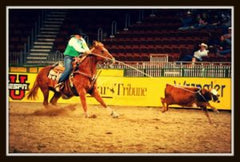
The stresses of hauling, and performing can be a great burden on a horse. Without a proper nutritional plane a performance horse will not only not be able to best perform. In addition, the horse will be more susceptible to diseases encountered. Horse owners need to take the time to look at labels, and feed products as directed. Taking care of the horse's vitamin and mineral needs on a daily basis can increase performance and prevent costly veterinarian bills.

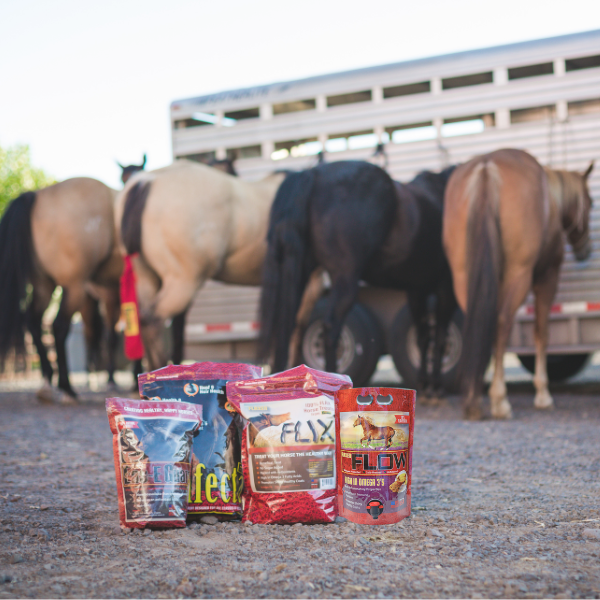
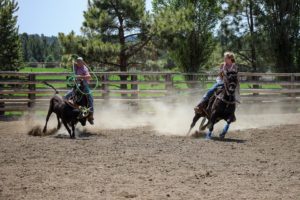
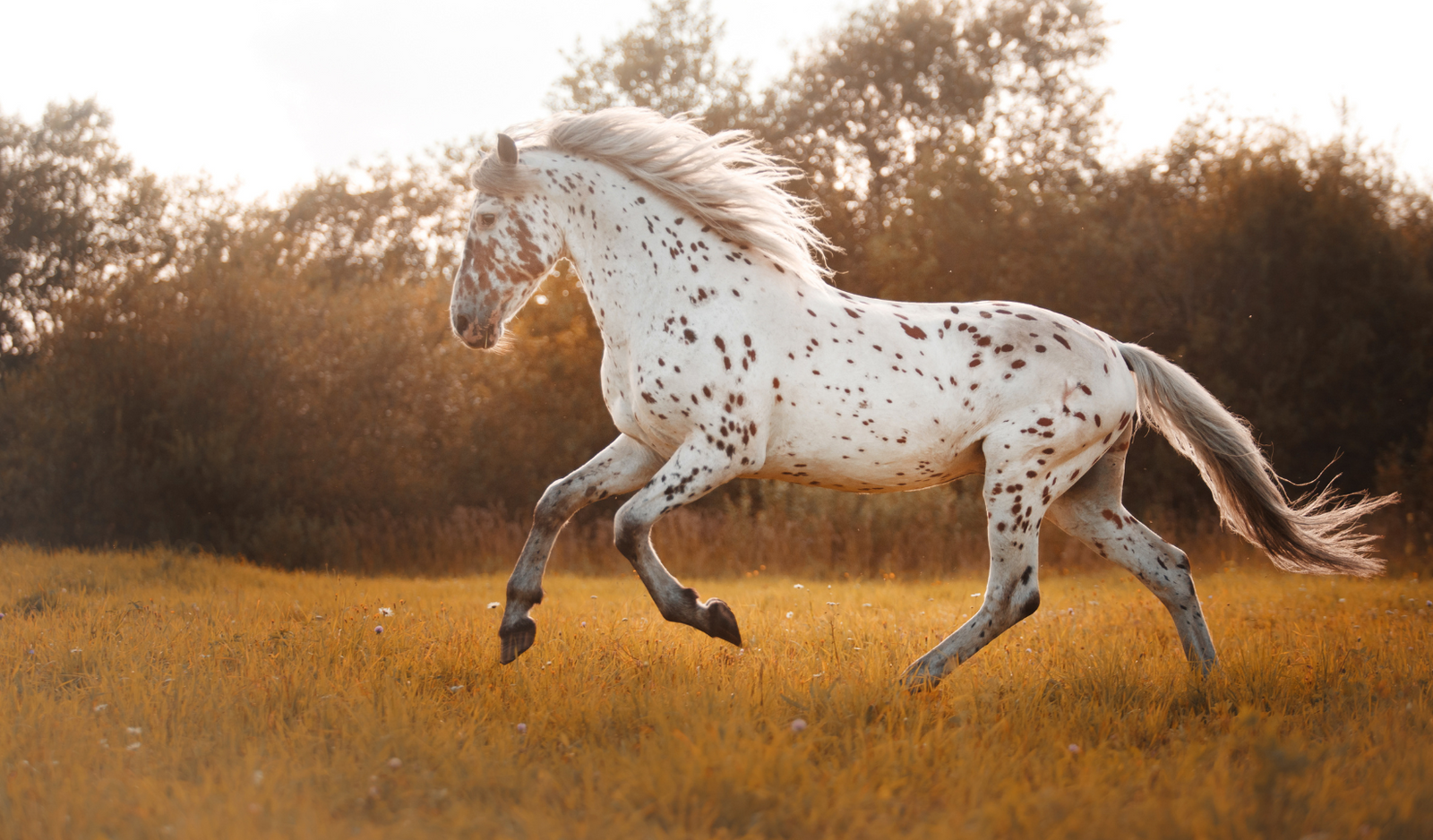
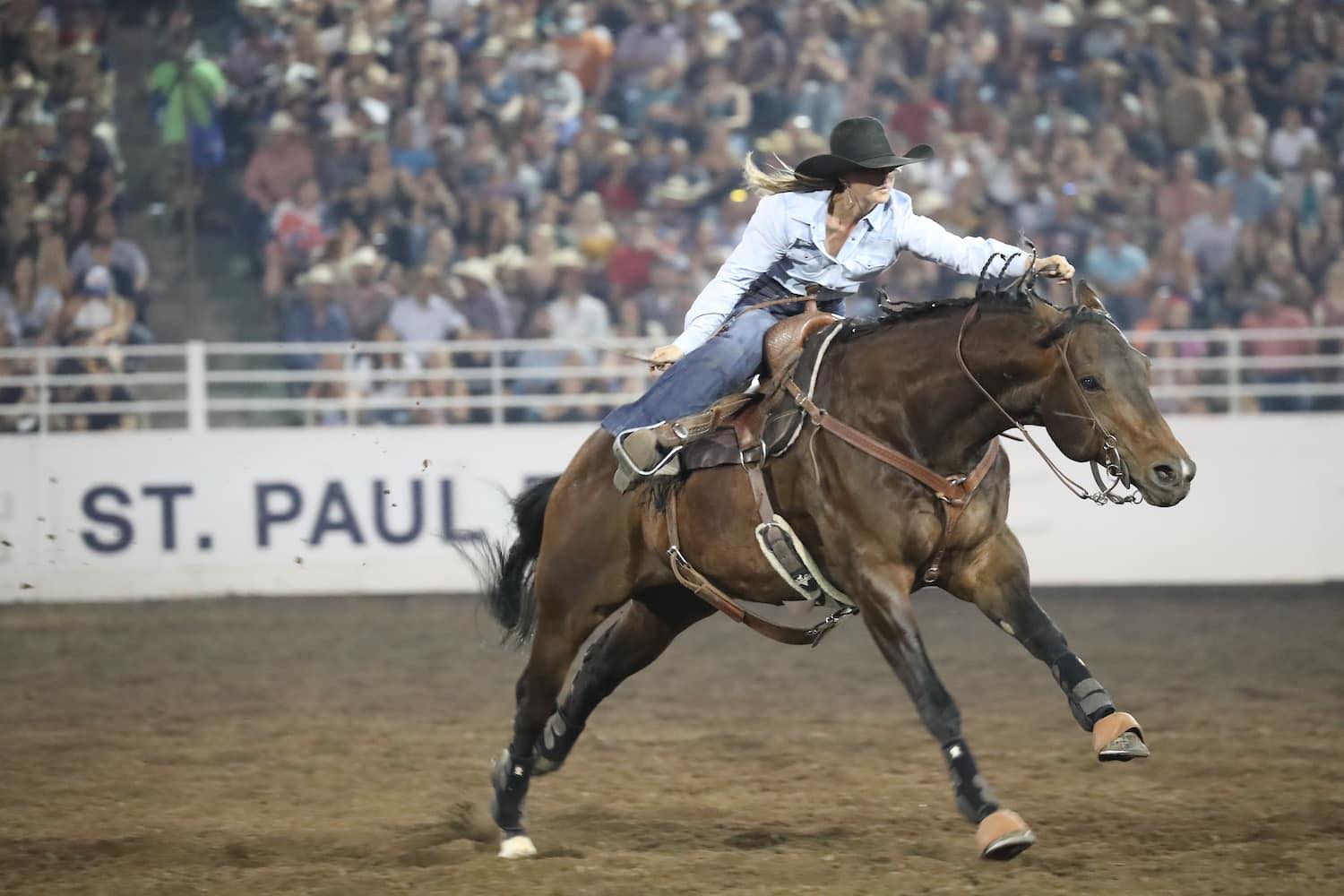
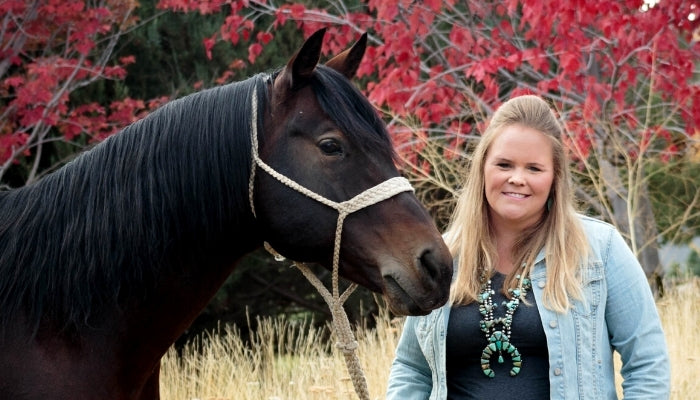
Leave a comment (all fields required)